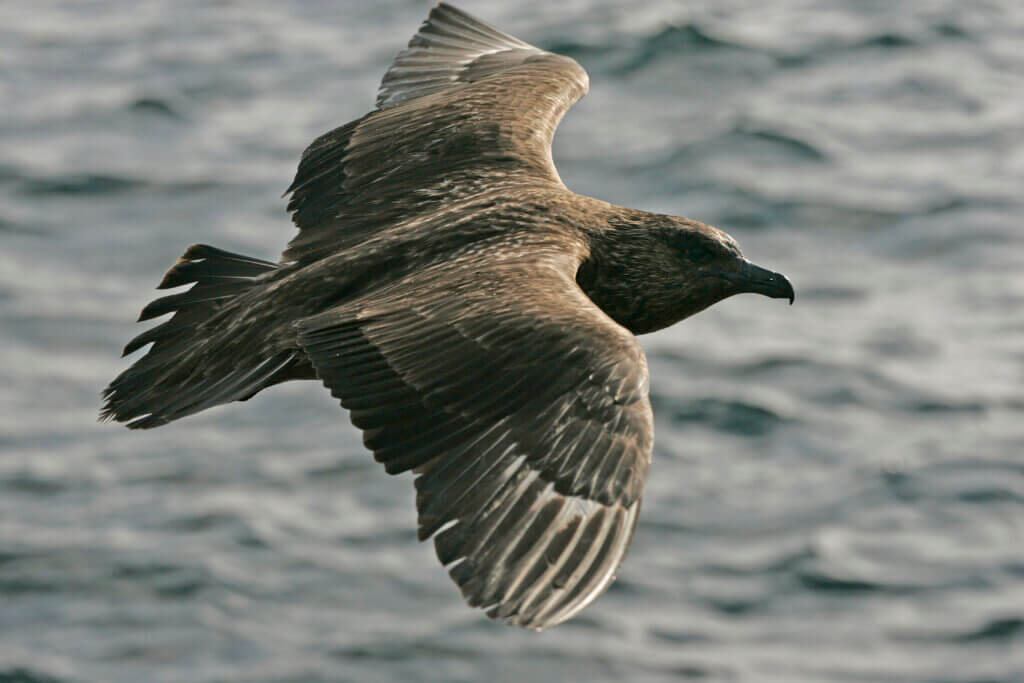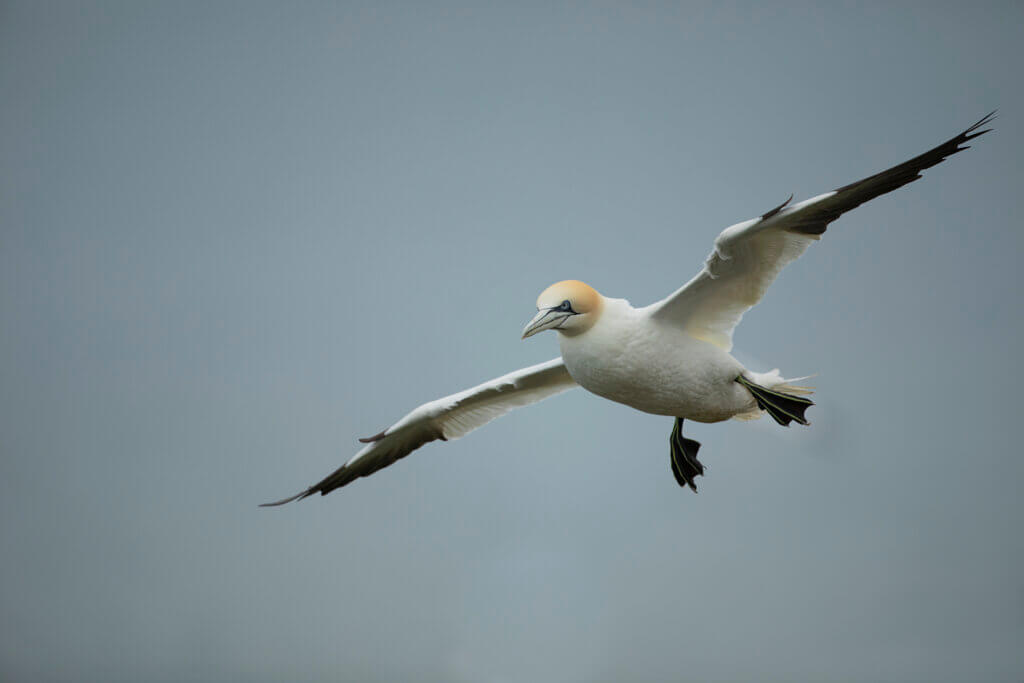[ad_1]
New examine reveals position of chook flu in widespread declines of UK seabirds
- A brand new report by the RSPB has for the primary time, quantified the results of current Extremely Pathogenic Avian Influenza (HPAI) outbreaks on the populations of the UK’s seabirds.
- Of the 13 species included within the examine, 9 confirmed declines, three of that are attributable to HPAI, with an additional two being more than likely attributable to the illness. The position of the illness in different declines is much less clear and requires additional examine.
- Current surveys present the UK’s seabirds are in dire hassle, dealing with threats together with unsustainable fishing practices, predation by invasive non-native mammals, offshore wind growth, local weather change and now chook flu.
A brand new report has for the primary time proven the impacts of current Extremely Pathogenic Avian Influenza (HPAI or chook flu) outbreaks on populations of the UK’s seabirds. Because of the tens of hundreds of lifeless birds seen in 2021 and 2022, HPAI has grow to be one of many largest speedy conservation threats confronted by a number of seabirds, and up to date inhabitants estimates are an pressing precedence.

The examine revealed a extremely regarding image of widespread and intensive declines, with 9 of the 13 species included within the report reducing in numbers by over 10% since earlier surveys made between 2015 and 2021. For Gannet, Nice Skua and Roseate Tern these declines are largely attributable to HPAI and for Sandwich and Widespread Terns, HPAI is the doubtless trigger. For the remaining species (Arctic Skua, Black-headed Gull, Lesser Black-backed Gull, Herring Gull, Nice Black-backed Gull, Kittiwake, Arctic Tern and Guillemot), additional work is required to higher perceive the doubtless contribution of HPAI to the declines.
The challenge was led by the RSPB in collaboration with the British Belief for Ornithology, the Statutory Nature Conservation Our bodies, and different conservation organisations.
In 2022, the present H5N1 pressure of HPAI turned widespread in UK wild chook populations, significantly in seabirds and waterfowl, after being initially recorded in Nice Skuas in the summertime of 2021. The variety of reported chook deaths in 2022, confirmed that HPAI had grow to be one of many largest speedy conservation threats confronted by lots of our seabird species, together with some, comparable to Nice Skua, for which the UK is accountable for a excessive proportion of the worldwide inhabitants.
Late final 12 months, Seabirds Depend (2015-2021) was printed. That is the latest census of breeding seabird populations throughout Britain, Eire, Isle of Man and the Channel Islands. It painted a really grim image for our seabirds, with virtually 62% of seabird species in decline throughout the UK and declines throughout 70% of species in Scotland, the UK’s seabird stronghold. These declines are the results of the a number of threats seabirds are presently dealing with, together with unsustainable fishing practices, predation by invasive non-native mammals, offshore wind growth and local weather change. Nonetheless, the Seabirds Depend census was accomplished earlier than the HPAI outbreak and so acquiring up to date inhabitants estimates to assist assess the impacts of the illness due to this fact turned a prime monitoring precedence for seabird conservation. This information can be worthwhile for presidency and all these working and planning in marine growth.
From the brand new surveys carried out throughout the 2023 breeding season at chosen websites the brand new examine recorded devasting losses in Gannets, Nice Skuas and Roseate Terns which might be largely attributed to HPAI. All three species had beforehand been growing within the UK previous to the HPAI outbreak (will increase of 39%, 14%, 114% respectively because the starting of the century). The brand new survey outcomes present that these species skilled declines of 25%, 76%, and 21% respectively, throughout 75%, 81%, and 98% of their UK inhabitants inside a interval of simply 2-9 years. Equally, populations of Sandwich Tern and Widespread Tern had beforehand been secure, so the 35% and 42% declines discovered within the new examine additionally point out these are prone to be largely pushed by HPAI.
The outbreak continues to have an effect on seabird populations and vital additional mortalities have been recorded in 2023 for species comparable to Kittiwakes and Guillemots after information assortment for this report was accomplished.
The RSPB’s Director of Conservation, Katie-jo Luxton, stated “With its rugged shoreline and myriad of small offshore islands, the UK is globally necessary for seabirds. Nonetheless, for many years we’ve not taken care of these pure treasures and our seabird populations have dramatically declined due to our actions; the introduction of invasive predators to islands that destroy nests and chicks, to the growing results of local weather change which might be impacting the provision of their meals. This new examine reveals that chook flu might be added to the lengthy checklist of issues which might be devastating our seabirds.
We all know that conservation efforts and good insurance policies such because the current sandeel announcement, do work and assist improve the resilience of our seabirds to higher climate no matter new storm is on the horizon. However we’d like our governments to implement these efforts and plan for a future the place our seabirds are a part of a thriving marine atmosphere.”

ENDS
[registration_form]
[ad_2]

